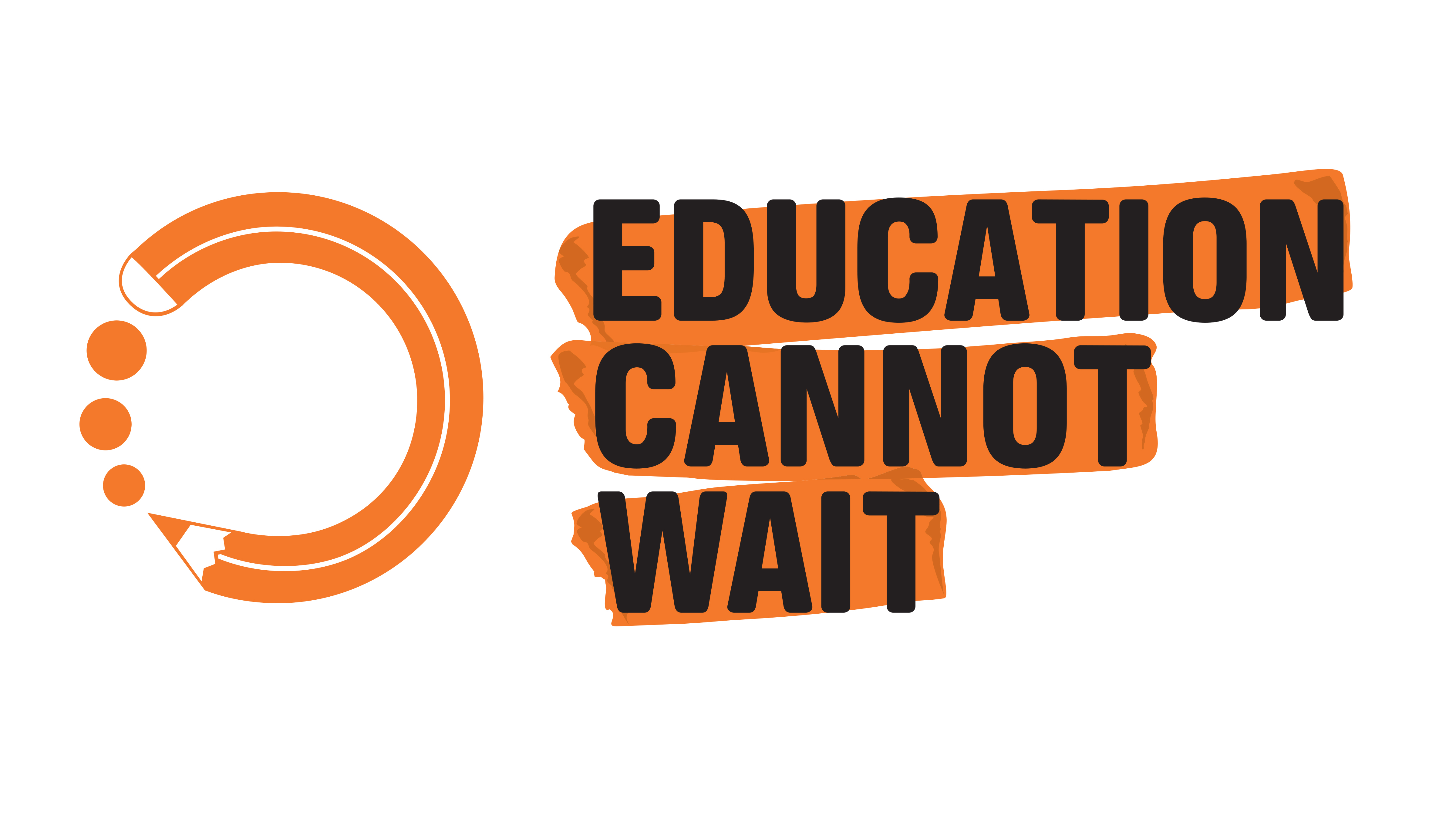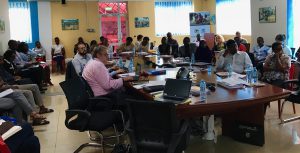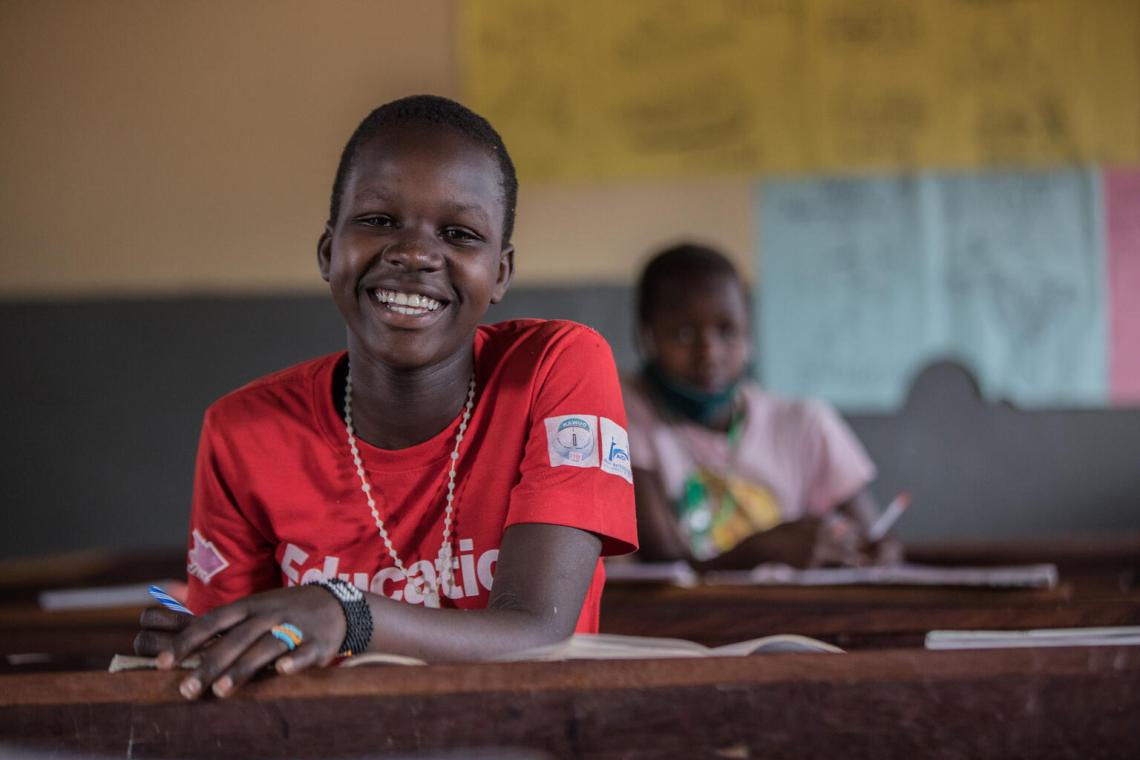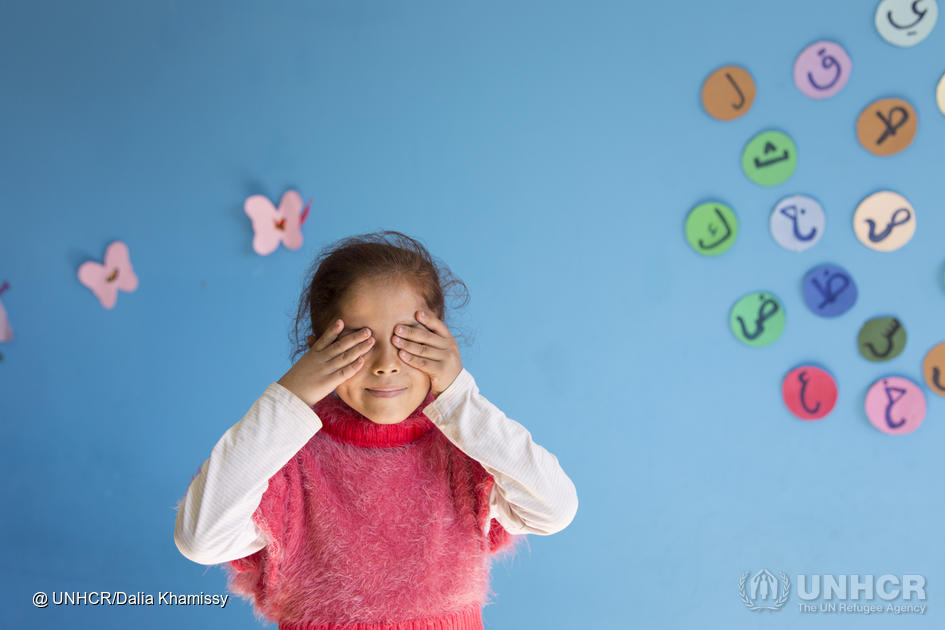Education Cannot Wait Plans Multi-year Response in Uganda

A second field mission is ongoing in Uganda to meet with partners
A joint mission led by Education Cannot Wait (ECW), including the Global Partnership for Education (GPE), Save The Children, the Inter-Agency Network for Education in Emergencies (INEE)and UNHCR, is currently in Kampala meeting with government officials, the UN Resident Coordinator, UNHCR, UNICEF, UNESCO, WFP, the World Bank, donors, local NGOs and civil society organisations to finalise a comprehensive multi-year Response Plan for Refugee and Host Communities. This plan comes in support of the Comprehensive Refugee Response Framework (CRRF) led by the Government of Uganda and UNHCR.
This mission follows a preliminary field assessment conducted by ECW and its partners in July and a $3.35 million grant allocated earlier this year. This first ECW grant is supporting a one-year First Emergency Response programme, also funded and managed by UNHCR in partnership with the Ministry of Education, UNICEF and other in-country partners. The programme aims to meet the specific educational needs of children living in refugee settlements and their host communities in Uganda with innovative solutions such as accelerated education, double-shifting, adapted infrastructure, as well as refugee teacher training and certification. This mission was the first concrete action taken since the Uganda Solidarity Summit, which had taken place in Kampala the previous month. In a spirit of sustainability, the objective of the second mission is to extend the first-year response provided by ECW and its partners with a comprehensive four-year plan.
Uganda is hosting 1.3 million refugees – the highest numbers of refugees in Africa and the third largest in the world today. Out of these 1.3 million refugees, an estimated one million people are fleeing insecurity and violence in South Sudan and 86 percent are children and women. The remaining 300,000 refugees are coming from the Democratic Republic of Congo, Burundi and Rwanda. The Government is committed to ensure access to quality education to all refugee children, in line with the New York Declaration on Refugees and Migrants adopted at the UN General Assembly last year. Refugee children can study with Ugandan children in regular schools.
However, the national education sector is itself hindered by underlying poverty, lack of teaching capacities, poor infrastructure, overcrowded classes, poor learning outcomes and a low enrollment of girls at post-primary levels aggravated by gender-based violence and dire hygiene conditions. The areas where refugees have settled are already some of the most disadvantaged parts of the country, which may exacerbate tension between the two communities, making it important for ECW and its partners to adopt a fast and holistic approach that integrates the educational needs of both refugees and their host communities. A report prepared by Save the Children and launched during the Solidarity Summit showed that $132 million is needed to meet the basic education needs of children living in those areas.
In line with ECW’s core principles, joint planning efforts seek to empower the local education sector and fill identified gaps, while building on existing in-country partners, coordination mechanisms and frameworks, including the Comprehensive Refugee Response Framework (CRRF), the Refugee and Host Population Empowerment approach (ReHoPe), the Government National Development Plan, the Settlement Transformative Agenda (STA) and Uganda’s SDG targets.
This all-inclusive stakeholder workshop organized by ECW in Kampala this week, in cooperation with DFID and USAID, is the first-of-its-kind meeting bringing together state and non-state humanitarian and development parties involved in Uganda’s education sector. It will accelerate the efforts deployed by all actors on the ground to ensure access to quality learning for children in both refugee and host communities in a rapid, coordinated, effective and sustainable manner.

As part of the mission, ECW’s Director Ms. Yasmine Sherif and her team met refugee students and teachers, as well as with Ugandan families living in the area, to get a first-hand understanding of their situation, the needs and to ensure that their voice drives all efforts planned in the coming years.
More: Press release issued by the Office of the First Lady and Ministry of Education of Uganda
Photo: ©UNHCR/SouthSudan
For Press Inquiries:
Anouk Desgroseilliers:
adesgroseilliers@un-ecw.org
+1-917-640-6820
Kent Page:
kpage@unicef.org
+1-917-302-1735


